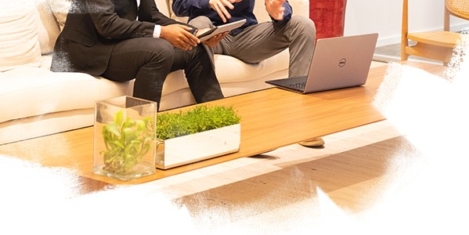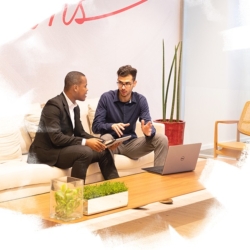To provide the best experiences, we use technologies like cookies to store and/or access device information. Consenting to these technologies will allow us to process data such as browsing behaviour or unique IDs on this site. Not consenting or withdrawing consent, may adversely affect certain features and functions.
The technical storage or access is strictly necessary for the legitimate purpose of enabling the use of a specific service explicitly requested by the subscriber or user, or for the sole purpose of carrying out the transmission of a communication over an electronic communications network.
The technical storage or access is necessary for the legitimate purpose of storing preferences that are not requested by the subscriber or user.
The technical storage or access that is used exclusively for statistical purposes.
The technical storage or access that is used exclusively for anonymous statistical purposes. Without a subpoena, voluntary compliance on the part of your Internet Service Provider, or additional records from a third party, information stored or retrieved for this purpose alone cannot usually be used to identify you.
The technical storage or access is required to create user profiles to send advertising, or to track the user on a website or across several websites for similar marketing purposes.
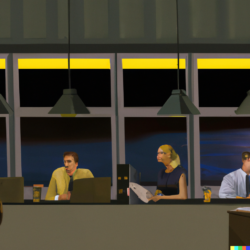 Almost a quarter (23 percent) of people say that they have turned down a job because they didn’t like the office environment, according to a new poll. This rose to almost a third (32 percent) for 18 – 24-year-olds indicating the need for a high-quality office environment for the younger generation. Geographically, workers in the capital are most likely to pass on a job based on the office surroundings, with a third (32 percent) of London based workers admitting to declining a role for this reason. (more…)
Almost a quarter (23 percent) of people say that they have turned down a job because they didn’t like the office environment, according to a new poll. This rose to almost a third (32 percent) for 18 – 24-year-olds indicating the need for a high-quality office environment for the younger generation. Geographically, workers in the capital are most likely to pass on a job based on the office surroundings, with a third (32 percent) of London based workers admitting to declining a role for this reason. (more…)




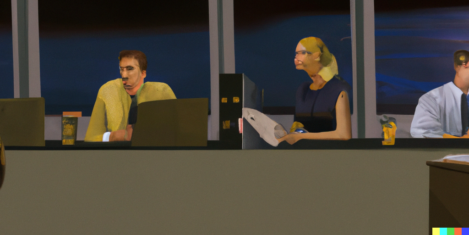

 One in four workers (28 percent) would move jobs if they weren’t allowed to work from home, increasing to nearly half (45 percent) of millennial workers. Yet while two thirds of UK employees (65 percent) can work from home, 35 percent are still not given the option of working remotely.
One in four workers (28 percent) would move jobs if they weren’t allowed to work from home, increasing to nearly half (45 percent) of millennial workers. Yet while two thirds of UK employees (65 percent) can work from home, 35 percent are still not given the option of working remotely. 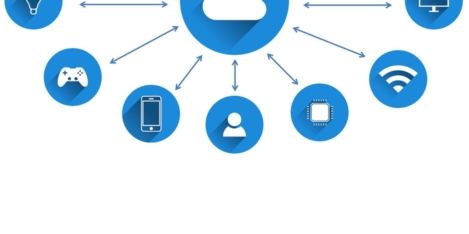
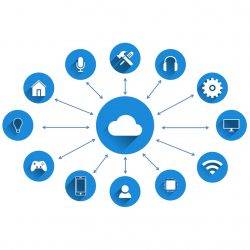
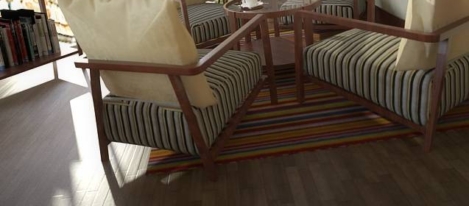
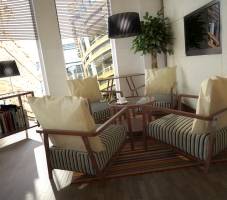




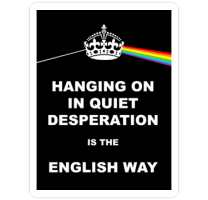


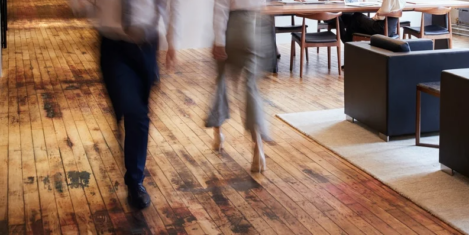
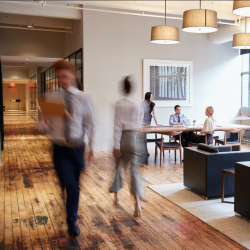
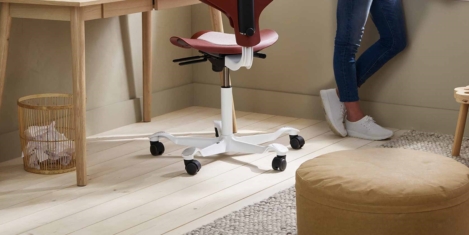
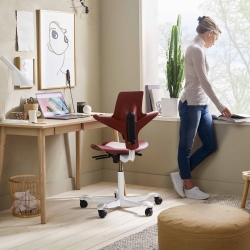 I was reminded the other day of the instructions on a bottle of shampoo I once used which said, simply: “Wash, rinse and repeat.” Why? I’ve just washed my hair. Why do I need to repeat? It’s a bit like that old adage about how to sell more toothpaste, by widening the hole it comes out of, because we all still instinctively try to cover the whole of the brush head, however thick the line of paste.
I was reminded the other day of the instructions on a bottle of shampoo I once used which said, simply: “Wash, rinse and repeat.” Why? I’ve just washed my hair. Why do I need to repeat? It’s a bit like that old adage about how to sell more toothpaste, by widening the hole it comes out of, because we all still instinctively try to cover the whole of the brush head, however thick the line of paste. 